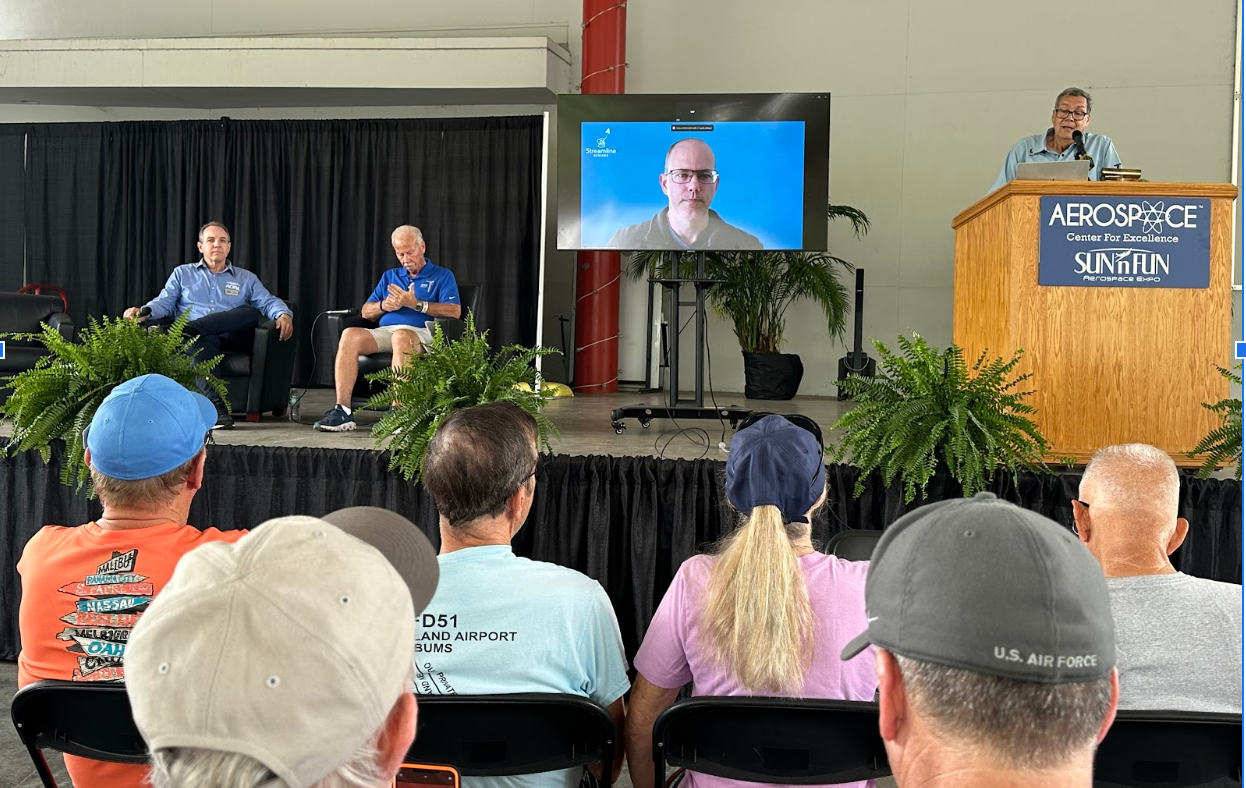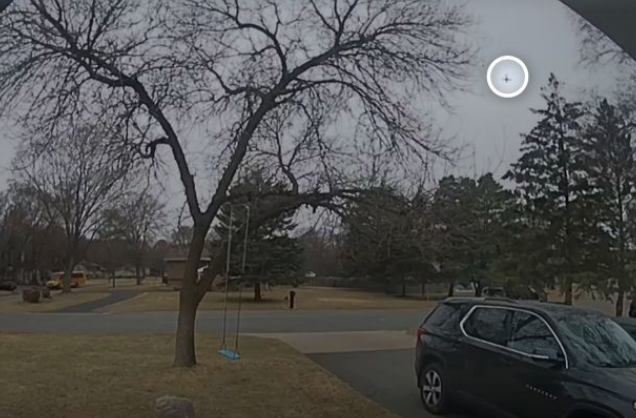I suppose it was just a matter of time before Dunning-Kruger popped up in an aviation reference and let me proudly say one of our aviation publications made the pioneering leap. The recent reference was a throwaway in an article about accidents used to explain why some pilots take on more weather than they can handle.
On the off chance that you just this morning got broadband access or you've been in a coma since 1999, the Dunning-Kruger effect is a psychological phenomenon in which people of relatively low knowledge and experience vastly overestimate their own competence in whatever field is being considered. Here's a summary of David Dunning's and Justin Kruger's research on this topic: "The authors suggest that this overestimation occurs, in part, because people who are unskilled in these domains suffer a dual burden: Not only do these people reach erroneous conclusions and make unfortunate choices, but their incompetence robs them of the metacognitive ability to realize it."
Maybe it's just me, but I think that's pretty well a personality requirement for a pilot, no? So are at least three of the so-called hazardous attitudes. You've heard them before: Resignation, anti-authority, impulsivity, invulnerability and macho. I'll let you ruminate on which three apply, but you get the point. Or, maybe you don't, if my view of the world is as acidly skewed as I will concede it sometimes is.
Dunning-Kruger, if it applies to aviation at all, is probably most noticeable in the 500-hour wonder who professes to know it all. As the eyes roll up into the skull when listening to someone like this, there's also a little wonder. Well, maybe he really is that good. This leads me to posit that like being injected with vaccine to stimulate antibodies, a little Dunning-Kruger may not be a bad thing. I'd suggest that we all need to gently push the limits of our own comfort zones and, personally, my theory is that this is where advanced skill comes from. You can't learn to land on a 1500-foot runway unless you try to land on a 1500-foot runway. In the past, we had a name for this: learning.
If you prang one while doing this, perhaps you exceeded your own limits or the airplane's and this may have been due to lack of knowledge, a skill deficit or just a bad day. Either way, with help from your insurance company, you're probably well on the way to solving the problem. But if you never confront it in the first place, retiring instead as far inside the guard rails of your own fears as you can get, where's the fun in that? Or the challenge?
In the accident reports I slog through from time to time, it's hard to tell if Dunning-Kruger is at work. I think pilots can make basically sound judgments based on good knowledge and preparation, but then screw up the hand-eye coordination part. If a pilot gets in over his head in weather, is that because he overestimated his own skills or just couldn't have known what he was going to run into? Nobody is prescient. Anyone can be surprised.
At the motorcycle tracks I occasionally inhabit, the running joke is that if you don't crash once in a while, you're not trying very hard. The humor is of the graveyard sort, but it offers a truth: Pushing a little makes you better at whatever thing it is you're trying to do. I found my corner limits once by running wide and low-siding into the dirt. But at least I knew the limits.
The analogy is not a perfect fit for airplanes because the consequences of running wide could be terminal. But I think the principle is, nonetheless, applicable. Maybe that's where a little bit of Dunning-Kruger is a good thing because it allows you to gently sneak up on what you don't know, learn it and be less irrationally fearful for lack of skill. And a lot more confident, which, although it can lead to overreach, is alsoa force multiplier in a consciousness of survival.
You may have noticed that the current rage in GA is the rusty pilot seminar; AOPA is conducting them. They have a rich vein of corrosion to mine, I'm thinking. But eventually, those pilots will have to get into airplanes and actually fly and keep on flying. I suspect fear has something to do with pilots accumulating rust, but it's probably a lot more to do with lack of motivation complicated by an anemic budget. There's a name for that, too: Bored and Broke effect. I can't suggest a cure.






